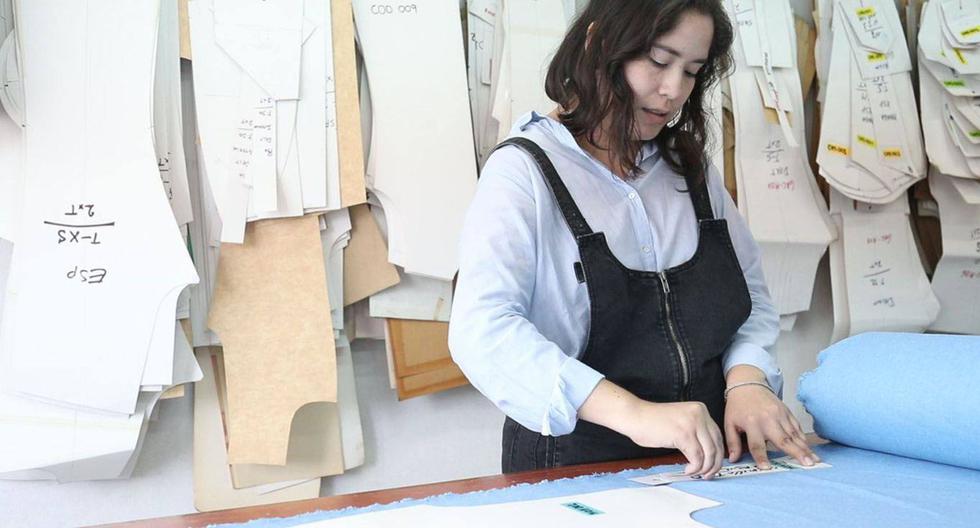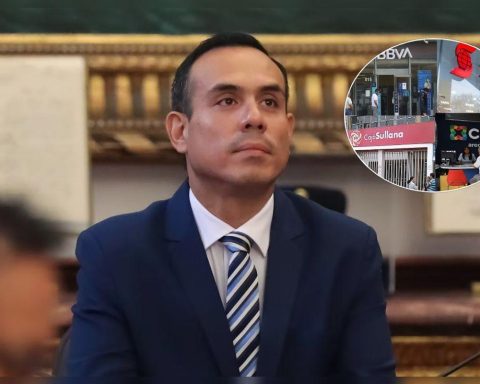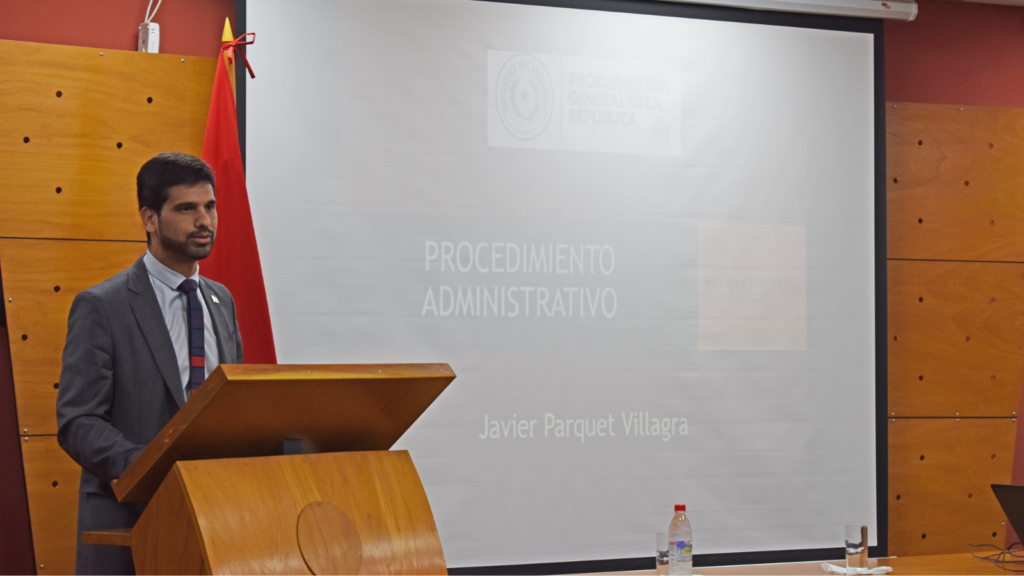The entrepreneurship has become one of the most developed activities by the peruvian population in recent years. According to the report of Entrepreneurs in inflation time 2022carried out by Ipsos, our country has the highest proportion of people (54%) who say they have started a business worldwide, followed by Colombia and Mexico.
Of the diversity of business models that exist in Peru, a large part of the entrepreneurs belong to the textile sector. In general, there are two ways to enter this market.
According to Martin Vargas, Texcope sales manager, the first is due to the experience that a person has acquired when they have worked in a textile company, to later become independent and form their own company. The second, taking the lead in a business succession, since many Peruvians come from a second or third family generation.
LOOK: Keep these ideas in mind to choose the perfect Christmas gift
Either way, textile entrepreneurs are exposed to facing a series of challenges in their businesses. According to the specialist, the main challenges that entrepreneurs face are basically staying current and positioning themselves as a serious, reliable and innovative company in the market.
Therefore, it is necessary for entrepreneurs to develop a vision to diversify their products towards innovation. Although there is a variety of materials, Martin Vargas indicates that everything will depend on the market that the client serves. Likewise, it details that the choice of yarn will be defined according to what you want to make as a final product, that is, if you want to make a thin or thick fabric, that presents elasticity, or is rigid, or in any case, that it is for circular knitting. or flat weave.
“Although many of the entrepreneurs are using some cotton yarns, I could suggest that they use some viscose yarns, Polyester Spun, Ecru Texturized Polyester or Mélanges, so that they can replace them with them and seek to have a greater margin when using products with a lower value than the cost of cotton yarn ”, recommends the specialist.
As can be seen, textile entrepreneurs must constantly innovate fabrics to stay current in the market. Therefore, it is necessary that they have a good strategic partner to help them during this process.

















